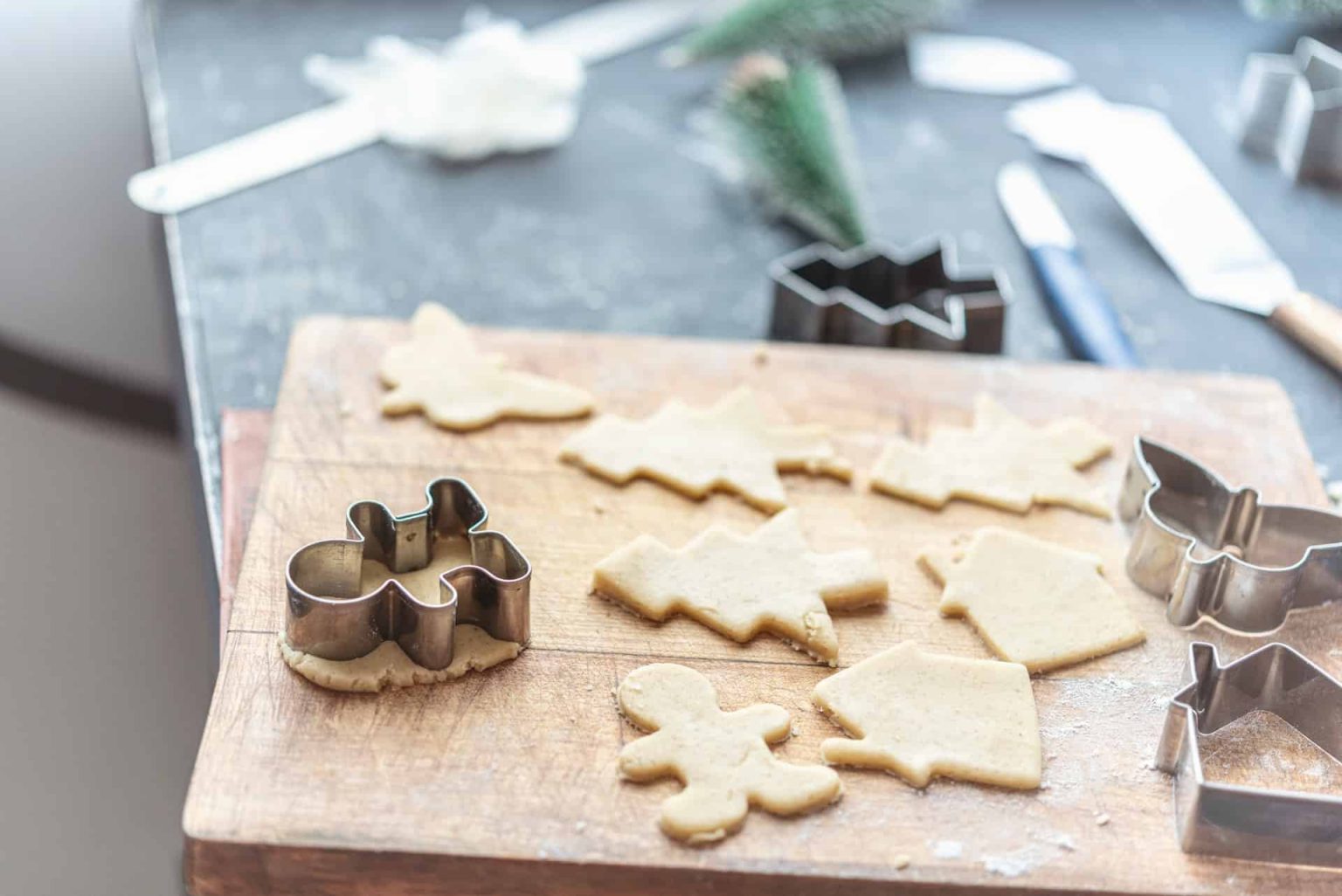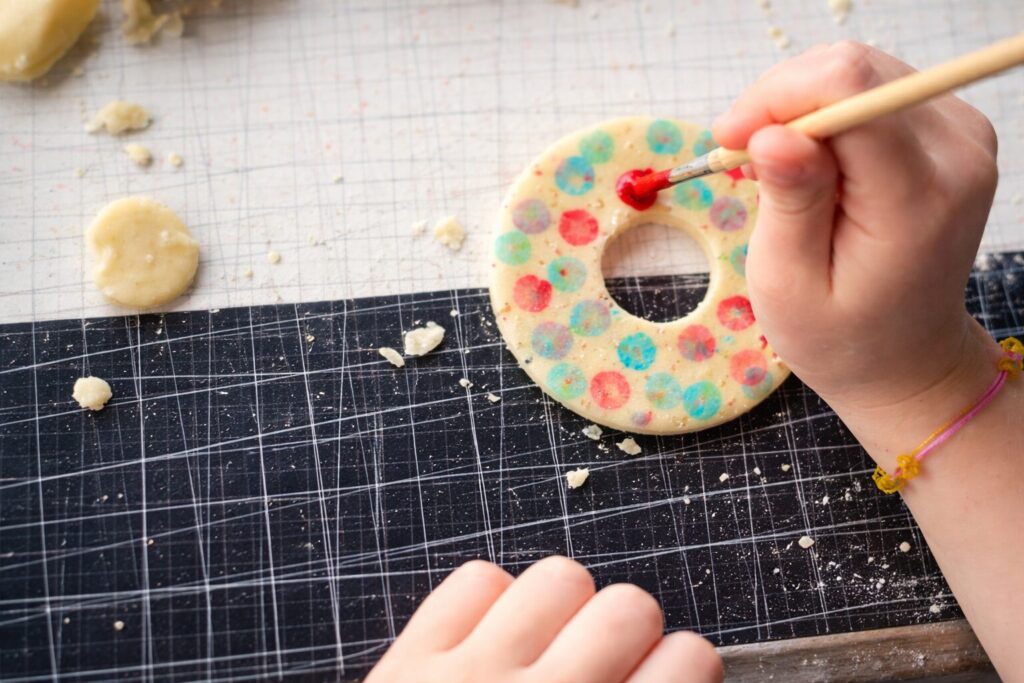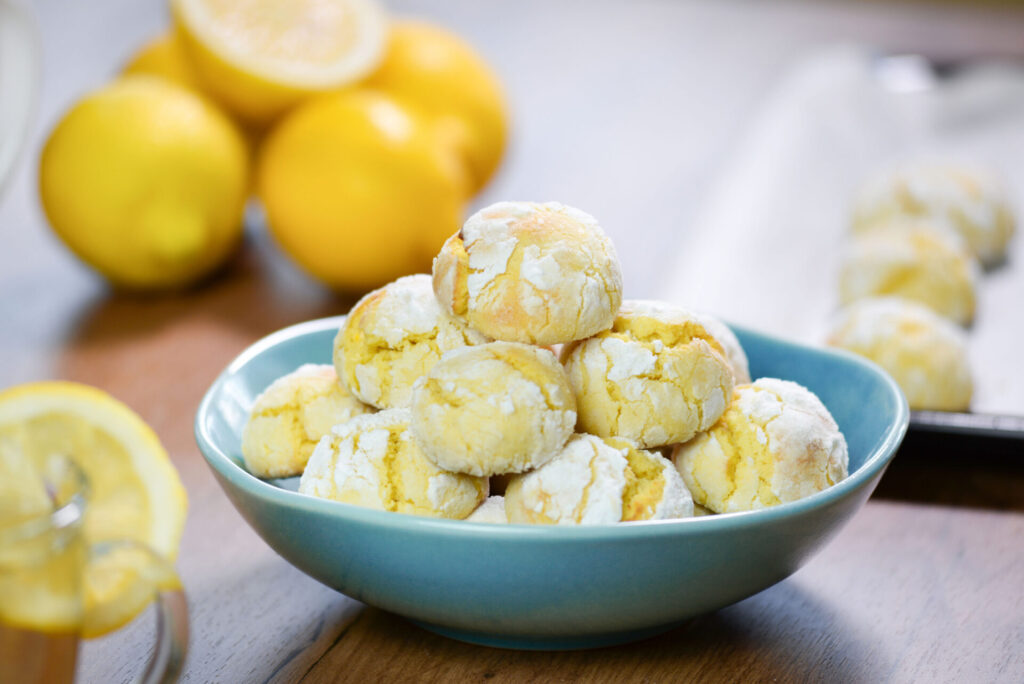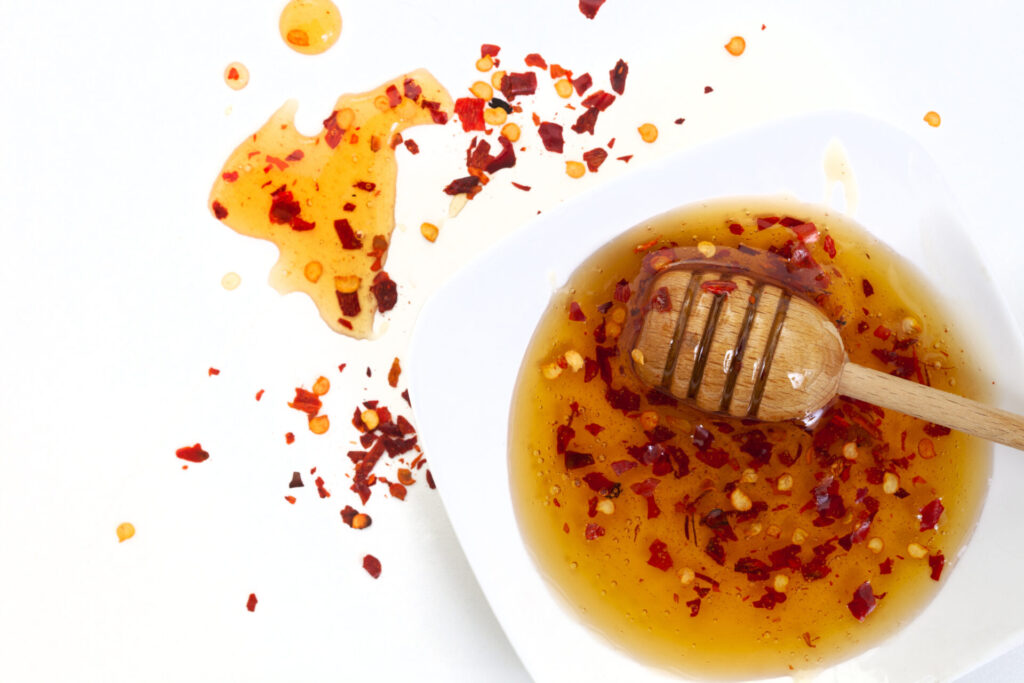Baking cookies this holiday? These tips will help you make them chewy, crispy, or melt-in-your-mouth because, after all, cookies are a deeply personal and important expression.
If you have cookies on your holiday baking list this year, knowing a little about each ingredient and the role they play in your batter or dough can help you control the crispness/chewiness/melt-in-your-mouth texture of your cookies. But don't forget, no matter which route you choose, the greatest cookies are made with love!
Butter
Butter is the best choice for baking because of its great flavour. It also has a low melting point, so your cookies will spread better. Make sure it’s at room temperature, or it will be impossible to beat. Rather than risk melting it in the microwave, grate it on the coarse side of a box grater to soften it quickly and evenly for baking. Salted is fine for baking, even if a recipe calls for unsalted, you need some salt in your cookies anyway.
Read more: Our Favourite Holiday Cookie Recipes
White (granulated) sugar
Doughs high in white (granulated) sugar tend to produce crisper cookies, as the cookies cool, the sugar crystallizes and the cookies harden. They also tend to turn a deeper golden.
Brown sugar
Brown sugar is moister and makes for a more chewy cookie – it's also hygroscopic (absorbs moisture from the atmosphere), so cookies made with brown sugar are chewier and often become softer as they cool, rather than crisper. To make your own, add 1 Tbsp. molasses to 1 cup sugar – the more molasses you add, the browner the sugar.
Eggs
Here's something you might not know: recipes assume you will use large eggs. They help bind the dough together, but also add a cakey texture – any wet ingredients, in fact, will produce a more cakey cookie. Eggs also act as a leavening agent, so add another if you want to add more lift.
Flour
All-purpose flour is great for cookie baking, just make sure you don't add too much of it. Stir it around in its container or bag to aerate it a bit before scooping it out and leveling it off with a knife. A kitchen scale, if you have one, will yield the most accurate measurement. But the stir-and-scoop method noted above is also great.
Baking
If you want a chewy cookie, make sure you don't overbake them; they should be golden around the edges, but still soft in the middle. Keep in mind they'll firm up as they cool. And here's a little bakery trick: halfway through the bake, remove the baking sheet from the oven and gently slam it down on top of the stove before putting back in the oven to finish the bake. Doing this will create crinkles and folds within the top of the dough, adding that cafe-like chewy texture.
A version of this article was published in November 2022. Updated in December 2025.










